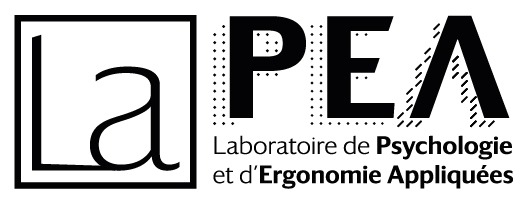Jeudi 22 octobre 2020
Based on: https://www.frontiersin.org/articles/10.3389/fnins.2018.00458/full
Abstract
The vagal tank theory, building on neurophysiological, cognitive and social psychology approaches, will introduce a physiological indicator for self-regulation that has mainly been ignored from cognitive and social psychology, cardiac vagal control. Cardiac vagal control reflects the contribution of the vagus nerve, the main nerve of the parasympathetic nervous system, to cardiac regulation. Cardiac vagal control is proposed to be an indicator of how efficiently self-regulatory resources are mobilized and used. Three systematic levels of cardiac vagal control functioning are suggested, the 3 Rs: Resting,
Reactivity, and Recovery. Based on this physiological indicator is derived the metaphor of the vagal tank, which can get depleted and replenished. Overall, the vagal tank theory will enable to integrate previous findings from different disciplines and to stimulate new research questions, predictions, and designs regarding self-regulation.
Biosketch
Sylvain Laborde is a Senior Lecturer at the Institute of Psychology of the German Sport University Cologne. He has a PhD in Sport Sciences and a PhD in Psychology. His research has two main focuses: heart rate variability (HRV) as a self-regulation indicator, and emotional intelligence/competences as a promising adaptive personality individual difference. He transfers his research to the applied field via the development of his mental training program FORTITUDE. Finally, he wrote books related to performance psychology in French, English, and German.
Lien Internet vers ses travaux:
Research: https://www.researchgate.net/profile/Sylvain_Laborde
Applied: FORTITUDE https://www.fortitude-mental-training.com
